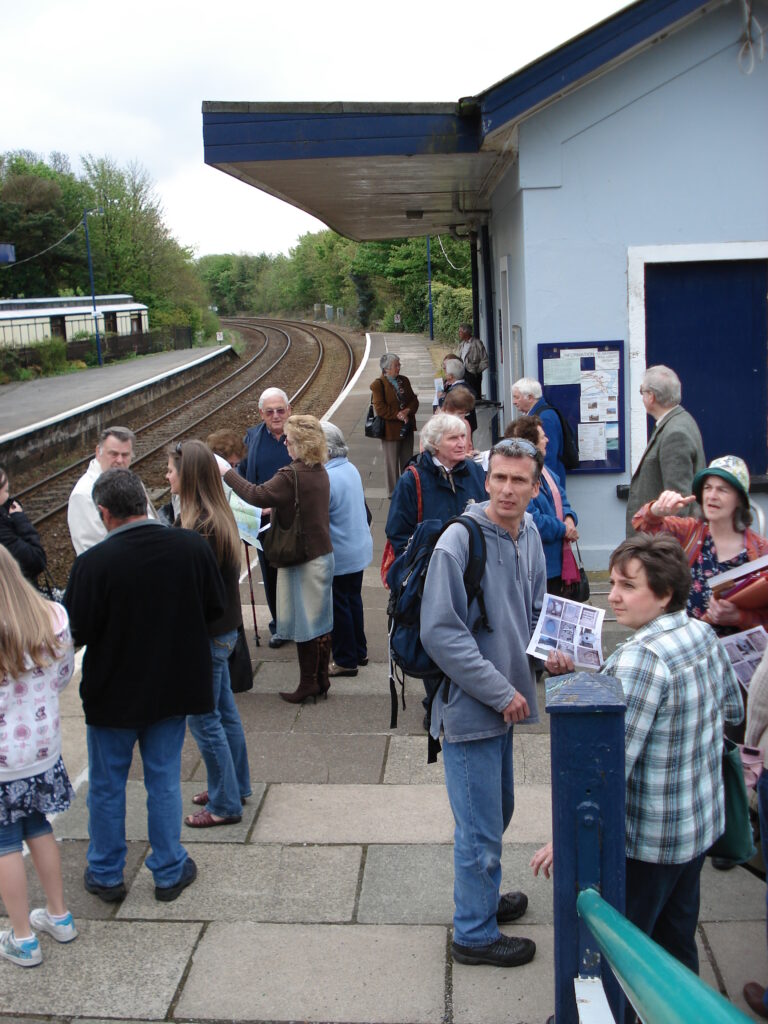
A Cornish station group has launched a survey to examine local travel patterns and promote the case for integrated public transport networks.
St Germans & Area Public Transport Group are Community Rail Network station adoption members for St Germans, a small station on the main line from Plymouth to Penzance, with the area bordering the Rame peninsula.
Together with the Rame Peninsula Public Transport Users Group, they began a two-month survey this week (March 7) to explore the transport needs of residents and find ways of enabling and encouraging increased use of St Germans Station, which prior to COVID-19, had an annual footfall of 57,000 passengers.
The group also wants to establish public perceptions of the potential benefits of a connected service between rail, taxi, community transport, ferries, and local bus services, and discover ways of encouraging positive messages about public transport use and the environment.
Alan Cousins, secretary for St Germans & Area Public Transport Group, said: “There are several bus routes on the peninsula, but none of them connect the villages with St Germans Station. Increasingly residents and holidaymakers get about by car.
“We are asking questions about the current journeys people make by bus and train – details of where they go, the time of day they travel etc. People are asked whether they can easily get to St Germans Station, and about any local journeys which are not really possible. We want to know the reasons why they are difficult, such as the lack of bus routes, problems of timing, or cost. Importantly, the survey asks for ideas about the integration of bus, train, and ferries, and if people have ideas about new ways of getting to places – such as demand responsive transport.”
Since October last year, the groups have consulted stakeholders including Cornwall Council, local parish councils, Devon & Cornwall Rail Partnership, Go Cornwall Bus, Great Western Railway, and community buses. The questionnaire can be completed online, and local shops are carrying flyers and printed survey copies, with hard copies also delivered door-to-door and on the station by volunteers. A researcher has been employed to analyse the results and produce a final report.
Mr Cousins said: “This analysis of the survey findings will be distributed widely to local authorities and to GWR and Go Cornwall Bus. We hope it will be taken seriously in future planning, and it will be used by the Public Transport Users groups in their future discussions with these bodies.”
The project has been co-funded by Community Rail Network, via Devon & Cornwall Rail Partnership, and GWR.
Find out more about the work of Devon & Cornwall Rail Partnership here.
